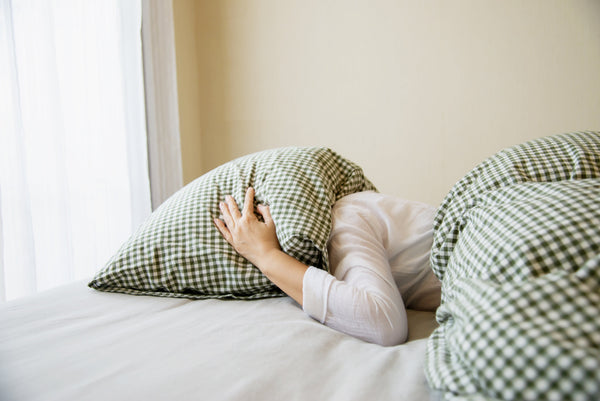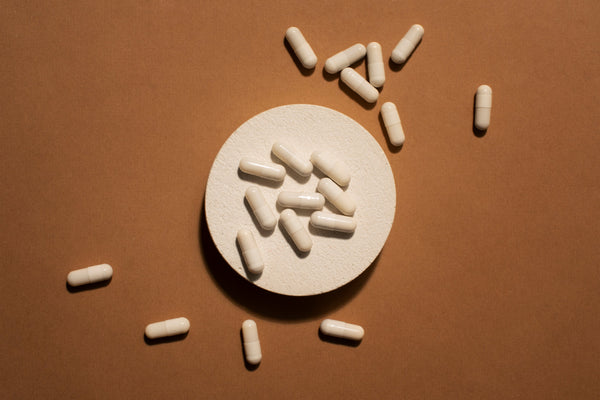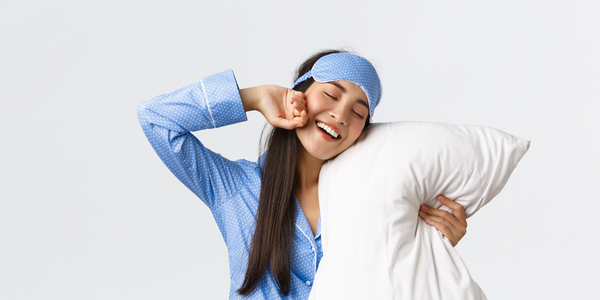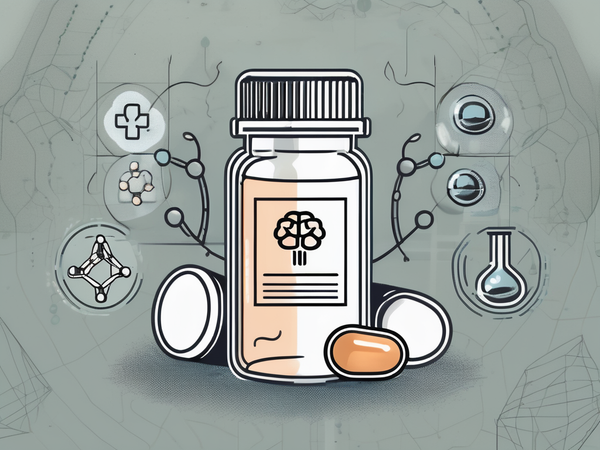There are many reasons why you can experience hair loss, right from an unhealthy diet, insufficient water intake, lack of proper sleep, aging, genetics, styling, to hormonal imbalance among other things. However, research shows that one of the major reasons why most people complain about hair loss these days is because of stress. Yes, you heard it right. Stress can cause hair fall but like other factors, this too can be managed. In this article, we shall study in- depth the connection between stress and hair loss.
Connection Between Stress and Hair Loss
Stress acts as a trigger for hair loss. The severity of the hair loss, however, differs from person to person. Likewise is the case with the rate of hair growth. On an average, the human scalp has about 100,000 hair follicles. Human hair growth takes place in a cycle of four phases- anagen, catagen, telogen and exogen phase.
In most cases, one is able to regrow their hair by employing some stress management techniques as well as prescription drugs and treatments. But before you get into ways of coping with stress to manage hair loss, let us look at the different types of stress-induced hair loss conditions.

Types of Stress-Induced Hair Loss Conditions
Both physical or emotional stress born out of some kind of illness, injury or surgery can lead to three types of hair loss, namely Telogen effluvium, Alopecia areata and Trichotillomania. While the former two are stress induced hair loss conditions, the latter is more of an impulse control disorder.
Telogen Effluvium
This is a more common and less severe type of stress induced hair loss. In this condition, the hair ceases to grow and lies quiescent for 2-3 months until it falls. The hair then takes close to 6-9 months to grow back. In this condition, the thinning may not occur all over the scalp but is often witnessed in patches, mostly towards the center of the scalp. Usually people with this condition do not experience hair loss on their entire scalp. However, in cases that are extreme, the concerned person could experience thinning hair across other parts of the body, including eyebrows. It is, however, important to note that telogen effluvium doesn’t cause any kind of permanent damage to hair follicles.

Alopecia areata
This type of hair loss occurs when your hair follicles experience a white blood cell attack, which causes hair to fall out in patches within weeks. However, unlike telogen effluvium, your hair can fall out entirely within weeks, usually in patches. There is no cure for this condition, but with the help of prescription drugs, those with over 50 percent hair loss could benefit as they help with the regrowth of hair.

Trichotillomania
This is more of a disorder in which a person feels the urge to pull out the hair from their body or scalp. Needless to say, it is an impulsive behaviour triggered due to stress. In stressful situations, some people may intentionally pull out hair to relieve themselves from stress or other kinds of negative emotion. If the habit of hair pulling or plucking eyebrows out of stress or nervousness perpetuates it could lead to a serious disorder such as trichotillomania.
Stress Management Techniques To Control Hair Loss
To wish a life without stress would be nothing short of wishful thinking. So the best way to deal with stress is to manage it well so that it doesn’t affect your health, particularly your hair follicles triggering a severe hair loss condition as mentioned above. Let’s dive in and look at some effective ways to cope with stress.
- Adopting relaxation techniques such as mindful meditation, yoga, or deep breathing exercises to practice daily.
- Follow a healthy routine of eating nutritious meals and exercising regularly.
- Practice self compassion over self judgement.
- Never shy away from reaching out to friends, family or seeking professional help such as that of a therapist when the need arises.
- Build positive connections and take time out from your busy schedule for yourself.

As far as your hair is concerned, treat it with care by oiling and washing it regularly and choosing organic products over chemical treatments. Keep yourself hydrated and ensure you replenish your body with all the necessary micronutrients such as vitamin E, C, iron, zinc, protein, and B complex, which play a vital role in maintaining good hair health.

You can also try out Well Being Nutrition's Healthy Hair Melts, which are formulated using a natural form of Biotin. This promises to work wonders on the keratin structure of all types of hair. It also contains fo-ti extract, saw palmetto, bamboo extract, and zinc, which improves the overall wellbeing of your hair and scalp.

























